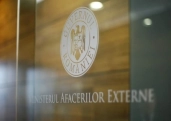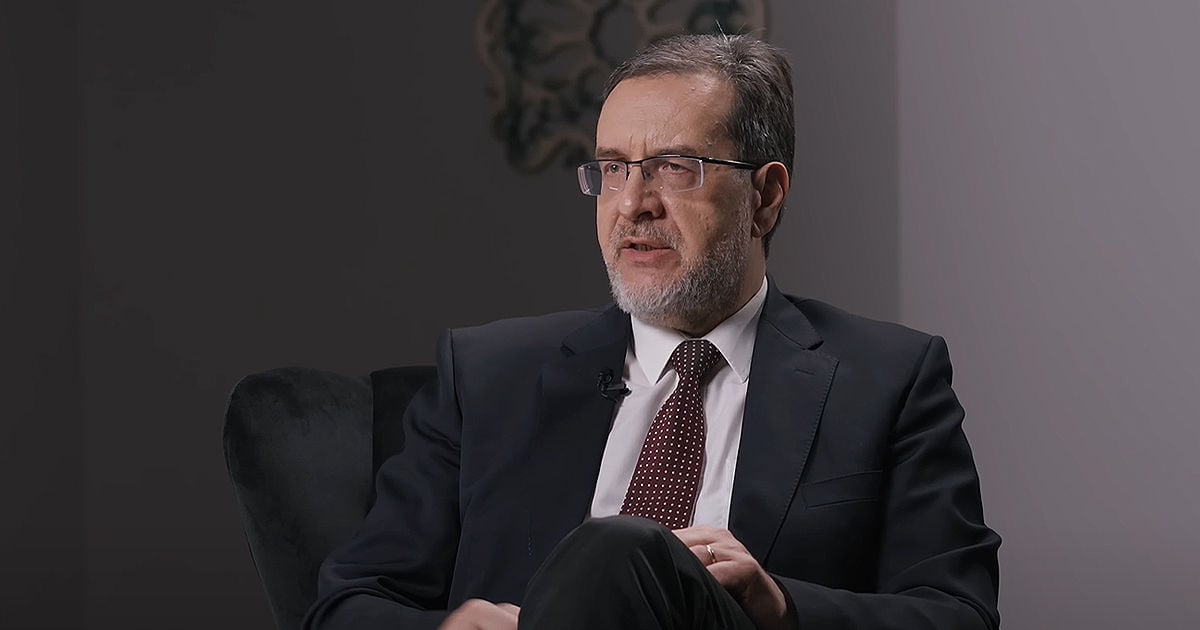The current school curriculum in Romania must respond to new business needs, believe almost a third of the investors interviewed in a survey, and increasing labor mobility, including through more flexible policies for international recruitment, is a priority for a quarter of them, agerpres reports.
"A sensitive point identified in the EY study on the attractiveness of foreign investments in Romania is the need for the current school curriculum to respond to new business needs. Almost a third of respondents (31%) say that the educational curriculum should be updated to reflect the current requirements of companies. In addition, 25% see increasing labor mobility (including through more flexible policies for international recruitment) as a priority. Romania is making progress in adapting educational and vocational training courses to new labor market requirements. Digital education and programming modules have been included in pre-university education as early as the middle school level, preparing students for an increasingly technological labor market. However, in order to maintain its attractiveness in the long term, Romania must ensure a closer connection between academia and the business environment in order to "quick and flexible responses regarding the modification of professional and educational programs according to industry and service demands," says Claudia Sofianu, partner, leader of the People Advisory Services Department, EY Romania, in a statement.
According to the cited document, overall, the Romanian labor market remains attractive to investors, but this advantage based solely on low labor costs is gradually fading. Future competitiveness will depend on how well Romania manages to adapt its labor force to the new realities: digitalization, green transition, automation and innovation.
According to the EY Attractiveness Survey 2025, although investors continue to value workforce availability, attention has shifted from cost to quality, with increased emphasis on competence and adaptability.
Over half of investors (55%) say that the Romanian labor market has improved in recent years, a better percentage than in many other areas. Romania remains an attractive choice for the service, production and manufacturing sectors, but companies are no longer looking just for a large workforce, but people with skills relevant to changing industries.
Demand is higher than ever for technical and digital profiles, from engineers and energy specialists to people with know-how in AI or automation. More and more companies are seeing an urgent need for practical training and measures to encourage young people to stay in the country after graduation.
In 2025, 41% of investors say they want to expand their research and development (R&D) operations in Romania. "This is a sign that the country is starting to be viewed among executives not just as a production hub, but as an emerging market for the development of new ideas, technologies and products. However, the optimism manifested in the business environment is not supported by concrete results in the research and development sector. Currently, Romania ranks last in the EU in terms of gross research and development expenditures, 0.52% of GDP, where the European average is 2.26%," the statement highlights.
These results come against the backdrop of a competitive set of tax incentives for research and development (R&D) activities, designed to boost innovation and technological investment. The main measure is an additional 50% deduction of eligible R&D expenses, which is applied to the calculation of corporate income tax. This deduction is granted for direct costs, such as research personnel, equipment and materials used in the activity. Equipment used for research purposes can also benefit from accelerated depreciation, allowing a significant portion of its value to be deducted from the first year.
Moreover, employees directly involved in research activities can benefit from income tax exemption, and companies that exclusively carry out research and development activities have, in theory, the possibility of accessing the total exemption from profit tax for the first 10 years of activity. From 2024, the additional 50% deduction also applies to taxpayers who owe minimum turnover tax, thus expanding access to tax facilities.
"To benefit from these advantages, companies must rigorously document R&D activities, define projects in accordance with international criteria and, in the case of large taxpayers, obtain certification of projects in the official registry of experts. Despite the favorable fiscal framework, the level of use of these facilities remains relatively low, due to administrative complexity and strict documentation requirements," say EY consultants.
Another challenge remains the country's ability to retain and attract skilled labor in high-value-added fields. Against the backdrop of a regional brain drain, several of the Visegrad countries (Poland, Czech Republic) have begun to accelerate policies to attract foreign specialists by offering additional tax incentives for centers of competence.
EY recalls that the visa program for digital nomads in Romania, initiated by law no. 22/2022, which amends OUG no. 194/2002 on the regime of foreigners, officially introduces the "digital nomad" category into Romanian legislation and creates the legal framework for these professionals to be able to temporarily reside and work in Romania. According to the provisions, a digital nomad is a citizen from outside the EU/EEA who is either employed by a company registered abroad or owns such a company and carries out his/her activity remotely using communication technologies. Also, according to the "Romania Digital Nomad Visa Guide (2025 Requirements)", they can benefit from a long-stay type D visa for a duration of up to 12 months, with the possibility of extension for another 12 months, if the conditions are met. Among the eligibility criteria are: proof of a constant income of at least three times the average gross monthly salary in Romania in the last six months, medical insurance covering the entire period of stay in Romania and documents attesting to remote professional activity for a company registered outside the country. Thus, Romania is among the European countries that encourage modern forms of work and digital mobility, following the example of neighboring states.
EY is one of the largest professional services firms globally, with 406,209 employees in over 700 offices in 150 countries and revenues of approximately $53.2 billion in the fiscal year ended June 30, 2025. Present in Romania since 1992, EY provides, through its over 1,000 employees in Romania and the Republic of Moldova, integrated audit services, tax, legal, strategy and transaction assistance, and consulting to multinational and local companies.
































Comentează